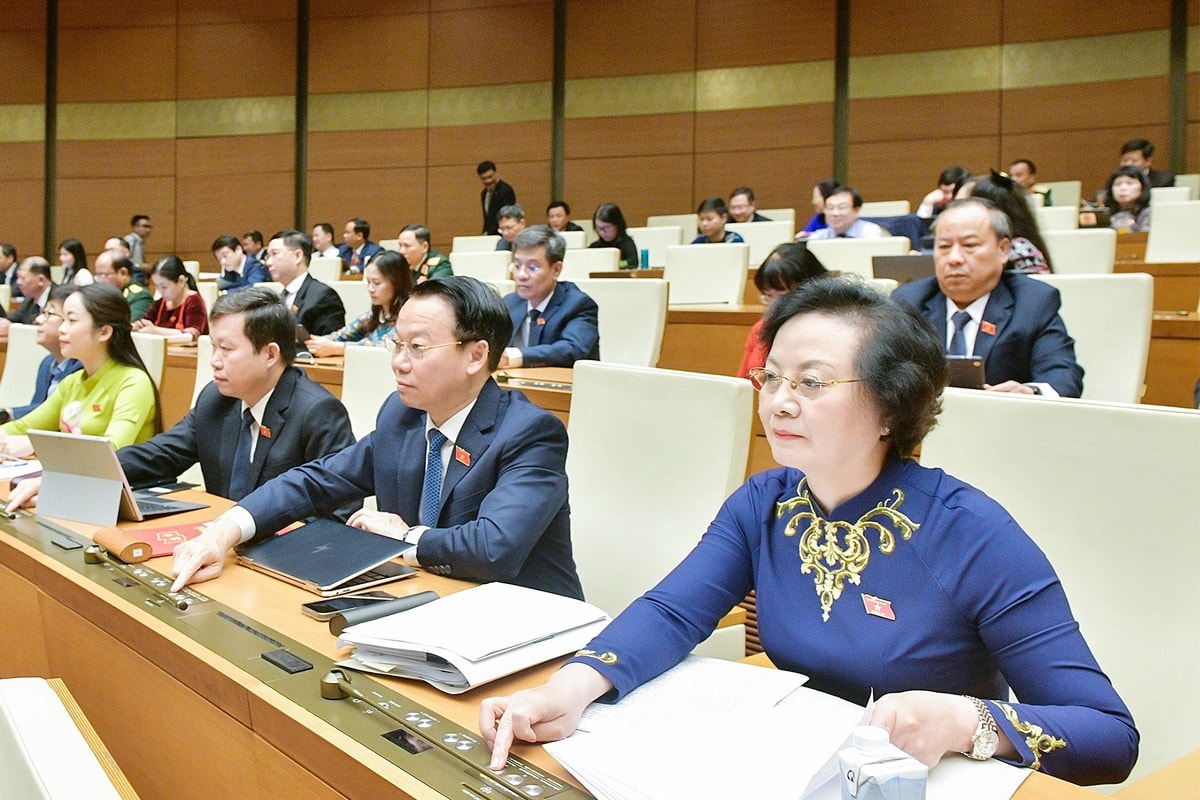
After completing the arrangement and streamlining of central agencies, the revolution of streamlining the apparatus of the political system entered the second phase with the construction of a 2-level local government organization model (provincial and grassroots levels, without district level organization).
Besides the goal of building a compact, transparent, strong, effective and efficient political system, this revolution also aims to reduce regular expenditures to reserve resources for development investment.
Many officials and civil servants expect that part of this budget savings will be used to raise salaries for those remaining in the administrative apparatus.
Civil servant salary only meets the minimum needs of life
Ms. Nguyen Thi Viet Nga, Deputy Head of the National Assembly Delegation of Hai Duong province, affirmed that in recent years, the Party and State have had many policies to increase income for those receiving salaries from the budget, including civil servants, public employees, armed forces and retired cadres.
We have had many salary increases and the most recent one is from July 1, 2024, the basic salary was adjusted to increase from VND 1,800,000/month to VND 2,340,000/month (equivalent to a 30% increase), which is also the highest increase ever.
However, Ms. Nga acknowledged that the current salaries of officials and civil servants have two shortcomings.
Firstly, although salaries have been increased many times, in general, the salaries of Vietnamese officials and civil servants are still low compared to the average living standard.
"That means civil servants still have a hard time living on their current income, especially those who live and work in big cities," said Ms. Nga.
The second drawback mentioned by the National Assembly delegate is that the current salary payment method is still relatively backward, as it is still calculated according to the salary scale and table and periodically calculates salary increases without paying according to job position.
Although the project of paying salaries according to job position has been cherished for a long time, up to now, all the conditions for implementation have not yet been met.

Civil servants still struggle to make ends meet with their current income, especially those living and working in large cities.
National Assembly Delegate Nguyen Thi Viet Nga
Commenting that the current salaries of civil servants only meet the minimum needs of life, Ms. Nga said that in order to satisfy the desires of those receiving salaries from the State budget, more efforts need to be made to improve public sector salaries.
"Low salaries are also one of the causes of corruption, petty corruption, and procrastination at work... Because of low income, people will not be interested in their jobs; low salaries force this group of people to take on extra jobs to improve their lives, so they cannot wholeheartedly devote themselves to their main jobs," said the female National Assembly member.
According to Ms. Nguyen Thi Viet Nga, low salaries are also a barrier to attracting talent. The current remuneration in the public sector is insignificant compared to salaries in the private sector, especially in large enterprises and foreign-invested enterprises...
"Private enterprises are willing to spend large sums of money and offer attractive benefits to attract high-quality human resources. Therefore, the lack of improvement in public sector salaries has brought many limitations and obstacles to the overall socio-economic development," Ms. Nga said.
Difficulties after merger
Mr. Nguyen Thanh Giang, an official of the Department of Planning and Investment (now the Department of Finance) in a province in the Red River Delta, said that the locality where he lives and works is on the merger list, and he is expected to have to travel more than 40 km to work at the new location.
"40 km is too far compared to the current 2.5 km. If you go back and forth in a day by private car, it will be too costly in terms of gas, tolls and roads. If you go by motorbike, although it will save a little money, it will be very tiring and unsafe, and in the long run, it will not ensure your health to work. If you go by public transport, you will be passive about time and hours. I don't know how to calculate the number of routes," said Mr. Giang.
Mr. Giang is also worried about his new living situation being completely disrupted and turned upside down compared to the present. He may even have to rent a house and eat out.
"Preliminary calculation, with a salary of about more than 9 million VND, plus more than 1 million VND in allowances like I am receiving, it will only be enough to cover my own expenses because many new expenses will arise. Additional funds to support the family will not be guaranteed .
Therefore, if forced to move far from home, many people in my agency and other departments and sectors are worried that they will have to quit their jobs to find other jobs because they cannot survive without a salary increase," Giang added.
Agreeing with the sharing of the Finance Department official, Mr. Duong Khac Mai, Deputy Head of the National Assembly Delegation of Dak Nong Province, cited his own example. He said that when Dak Lak and Dak Nong provinces were separated, his family was in Dak Lak but he had to move to Dak Nong to work, and it is now the 22nd year.
"The initial difficulties were that the living environment in each locality was different, and prices were also different in each place. Even the provinces that were established as new administrative units had difficulties with land, resources, and infrastructure to serve the staff. It took me a long time to adapt to the new life and overcome the difficulties," said Mr. Mai.
National Assembly member Nguyen Thi Viet Nga also said that the merger will cause a large number of officials of provincial agencies to have to move their jobs.
"In the merged localities, there are places where 2 provinces may merge, and other places where 3 provinces may merge. There are also plain areas where transportation is convenient, but there are also mountainous and coastal areas where it may take hundreds of kilometers to travel, with difficult roads. There may be couples who are both civil servants in the province, so they are forced to move their entire family to a new workplace. These are difficulties that are not easy to overcome and are hard to describe," said Ms. Nga.

Rapid salary increase to support
According to Ms. Nguyen Thi Viet Nga, the Party and State have identified salary increase as the goal of all policies, including this revolution to streamline the apparatus.
"Implementing apparatus reform with the goal of creating a streamlined, strong, efficient, effective, and efficient apparatus, reducing regular expenditures to invest in development. When the apparatus is stable and the economy develops, those working in the public sector will be paid appropriately," Ms. Nga emphasized.
However, the female National Assembly member said that implementing salary reform is not simply about increasing salaries but about changing the way salaries are calculated and paid according to job positions and individual capabilities. In addition, in order for the public sector to compete with the private sector in attracting talent, in addition to salaries, the accompanying social security regime needs to be guaranteed.
As for the officials in the merged provinces, many opinions say that it is necessary to consider increasing salaries to support and reduce the burden of expenses on them, giving them more motivation to stick with their jobs and contribute to serving the State apparatus.
Accordingly, the increase must be from 30 - 40% so that they can ensure living expenses, stabilize their lives, and work with peace of mind.
Delegate Nguyen Thi Viet Nga agreed and emphasized that salary increase is extremely important and urgent, so that civil servants and public employees are dedicated and devoted right from the first working days after the merger.
After the merger, the initial phase will certainly be very difficult because streamlining the apparatus does not mean reducing the workload, but even more, it requires improving the capacity and responsibility of the civil service. At this time, if we lose capable, carefully selected cadres, it would be a waste, and would cause difficulties to pile up on difficulties.
Therefore, to retain and motivate them to contribute, the State needs to have specific policies immediately and salary increases are the most practical. If salaries are not increased in time, it is necessary to provide financial support for expenses such as travel expenses, food, overtime pay, etc.
In addition, Ms. Nga also proposed a policy to support transportation and said: "Now many businesses also have shuttle buses for workers. Therefore, we must also consider this option."
For localities where it is not possible to travel during the day, according to Ms. Nga, additional support is needed in terms of accommodation such as public housing and social housing so that officials can work with peace of mind.
Sharing the same view, Mr. Duong Khac Mai emphasized that in the process of streamlining the apparatus and cutting staff, each remaining officer must do the work of 3 or 4 people. With such a contribution, it is necessary to have a commensurate salary and reasonable accompanying policies, especially for those who have to move to a new locality to work.
"Those policies can be support for transportation, food, accommodation... But in the long term, salaries must be increased so that they feel their efforts are recognized and, importantly, the additional costs they have to pay are compensated .
There should not be much income left after deducting expenses arising after the merger. Only then can they devote all their energy, strength, intelligence and enthusiasm to the new task," delegate Mai suggested.
Meanwhile, Associate Professor, Dr. Nguyen Trong Phuc, former Director of the Institute of Party History (Ho Chi Minh National Academy of Politics) expressed his opinion that regarding salaries, it is necessary to follow the salary scale and regime, so it is impossible to support an immediate increase.
"However, after the merger and job rearrangement, it is very likely that the State will have policies and funding to compensate officials who move to new workplaces, so that they will not be disadvantaged. I also believe that there will be the most suitable geographical arrangement to reduce difficulties for officials, civil servants and public employees," said Mr. Phuc.
Agreeing with the plan to increase financial support, economic expert Vu Vinh Phu, former Director of Hanoi Department of Trade, said that in addition to the current salary, there should be a support policy equal to 50% of the current salary.
"For example, if the salary of a state official is 10,000,000 VND/month, an additional 5,000,000 VND/month should be supported. In addition, in different provinces and cities, the cost level may also be different. Therefore, it is necessary to consider calculating the specific support level by taking into account the difference in prices of goods and daily living expenses," said Mr. Phu.
Adjusting wages to GDP
Also discussing, National Assembly Deputy Nguyen Quang Huan (Binh Duong Delegation) said that the work of merging administrative boundaries will cause fluctuations in the number of civil servants.
"After this work is completed, the National Assembly can assign the Government to make a project on salary reform. When the number of civil servants changes, the functions and tasks of the cadres will be different. For example, if commune civil servants are expected to take on 85% more tasks of the district, the salary level must be different. Or what will happen if district-level cadres go to the commune or to the province...", Mr. Huan raised the issue.

According to the National Assembly member, we should set a formula, to the extent that GDP increases, we should change salaries accordingly. In other words, increase salaries according to GDP increase, because the management of a 45 billion USD economy by officials and civil servants is very different from the management of a 450 billion USD economy.
If salaries are increased to fight inflation or only to ensure living standards, it will not encourage officials, civil servants, and public employees.
"Because when working in the public sector, in addition to being proud of their social position, people must be assured of their income before they can contribute, and that is also a way to fight corruption from the beginning. When the salary is enough, officials and civil servants can cover their expenses and support their families, and are worthy of their contribution to GDP growth, they will not want to be corrupt, and will be afraid of getting involved in corruption, because they can lose a lot of income," the delegate analyzed.
For comprehensive reform, National Assembly deputies of Binh Duong province proposed to come up with a calculation formula and base it on annual GDP.
"We may not be able to do it this time, but in the long run, doing so is the fundamental solution. If we can do that, we will also have less trouble with having to stockpile and mobilize budget resources for reserves like we do now," suggested National Assembly Deputy Nguyen Quang Huan.
The National Assembly delegate from Binh Duong noted that when increasing salaries in the future, it is necessary to evaluate fairly, avoiding equalization.
TB (according to VTC)Source: https://baohaiduong.vn/sau-tinh-gon-bo-may-thu-nhap-cua-can-bo-cong-chuc-can-tang-the-nao-408304.html



![[Photo] Third meeting of the Organizing Subcommittee serving the 14th National Party Congress](https://vstatic.vietnam.vn/vietnam/resource/IMAGE/2025/4/2/3f342a185e714df58aad8c0fc08e4af2)
![[Photo] Close-up of Vietnam's sniffer dog team searching for earthquake victims in Myanmar](https://vstatic.vietnam.vn/vietnam/resource/IMAGE/2025/4/1/d4949a0510ba40af93a15359b5450df2)

![[Photo] Relatives of victims of the earthquake in Myanmar were moved and grateful to the rescue team of the Vietnamese Ministry of National Defense.](https://vstatic.vietnam.vn/vietnam/resource/IMAGE/2025/4/2/aa6a37e9b59543dfb0ddc7f44162a7a7)

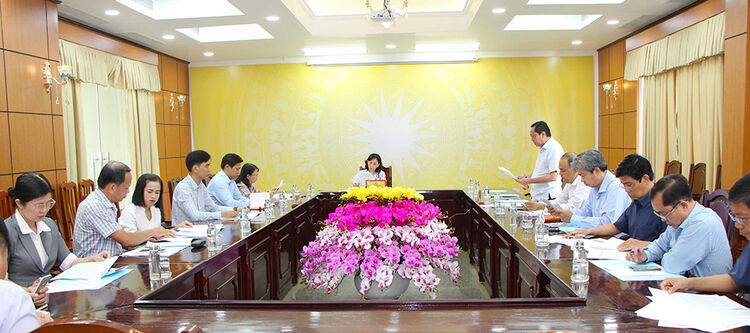



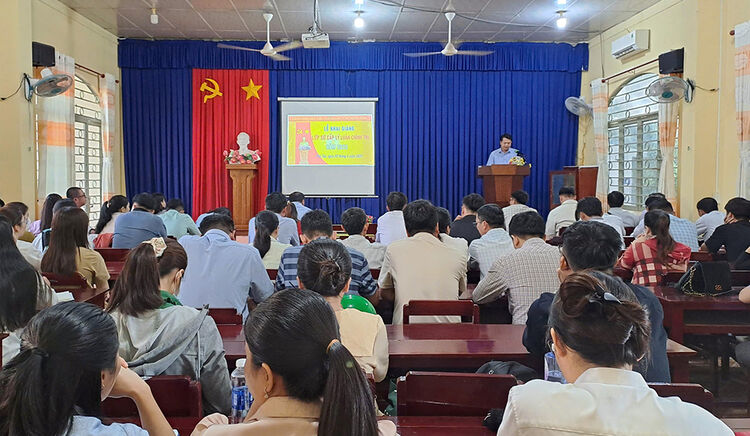








































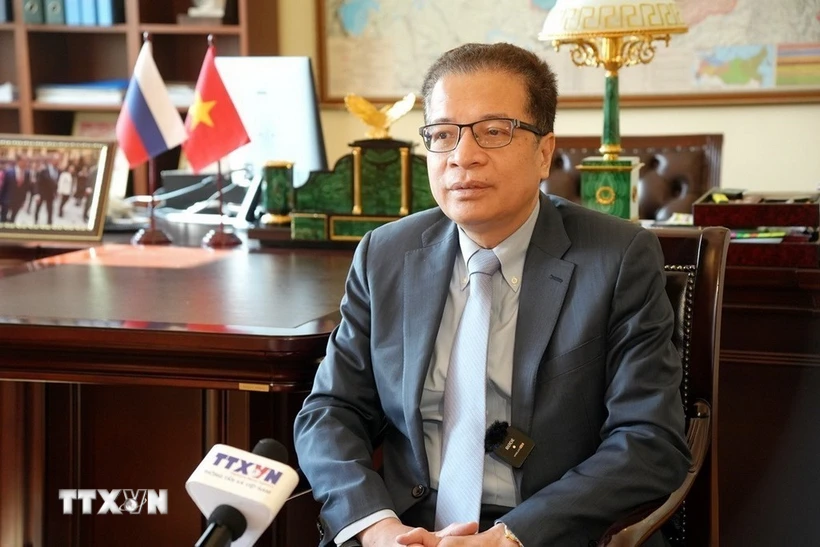













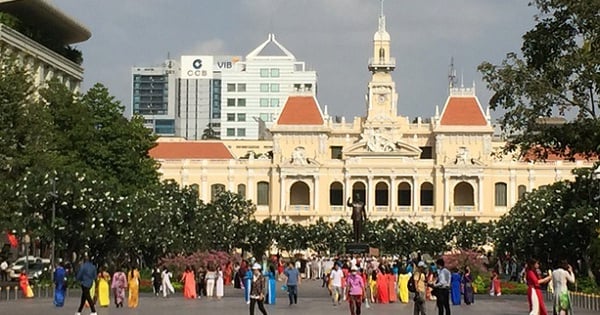
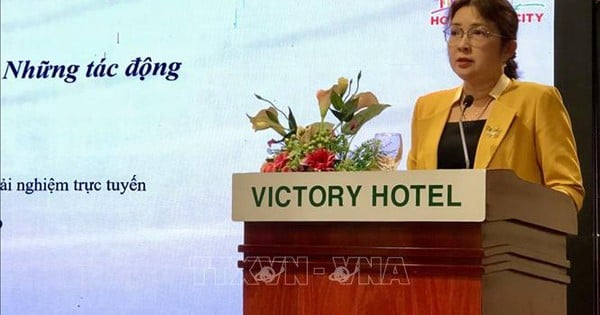


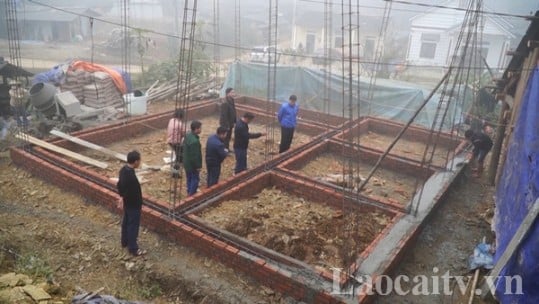
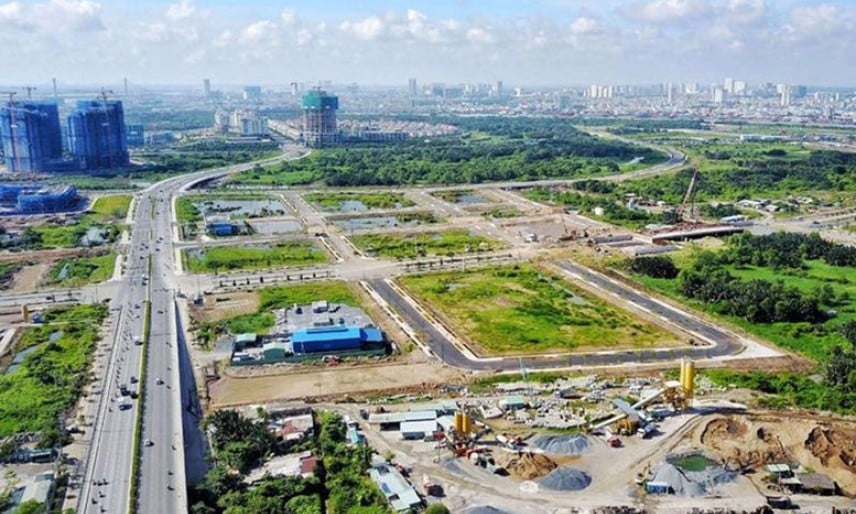


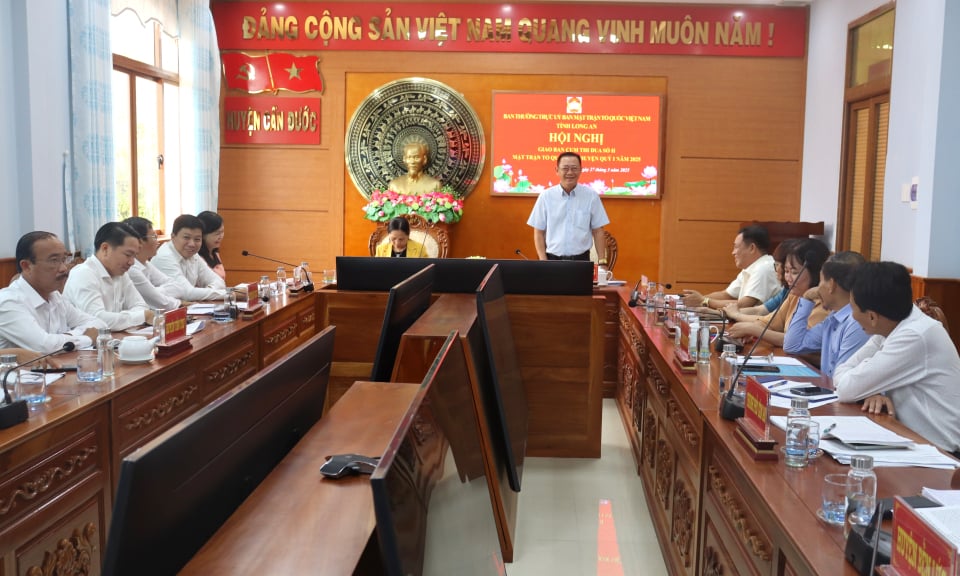












Comment (0)